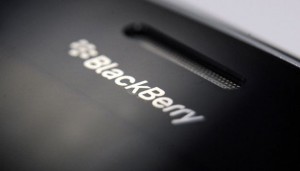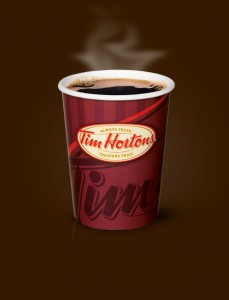In James Cowan’s Blog: We respected BlackBerry, but we never loved it (MacLeans). He suggested that BlackBerry is different from other smartphone industries, that it lacks a sense of personality and emotion bond between the product and its customers. For example, “Google’s Android has a cute robot that manages to make an operating system seem warm and fuzzy” (Cowan). This shows that customer relationships with the firm has great influence on consumer’s decision on purchasing a product. In fact, the emotion bond between the user and the smartphone stands in a significant role for such relationship because it develops over time as users get used to using the system it employs.
“Even a tech company that targets business users benefits from a bit of personality” (Cowan). Cowan strongly believes that Black Berry needs to learn from his understanding in order to climb back up in the market against other smartphone industries. However, research on why people favor BlackBerry shows that they like the fact that they are working like a mini-computer, with physical keyboards and not much emotion. Unfortunately, more customers tend to enjoy that emotional bond, which hints that BlackBerry should reconceive its products to target larger customer segment.




